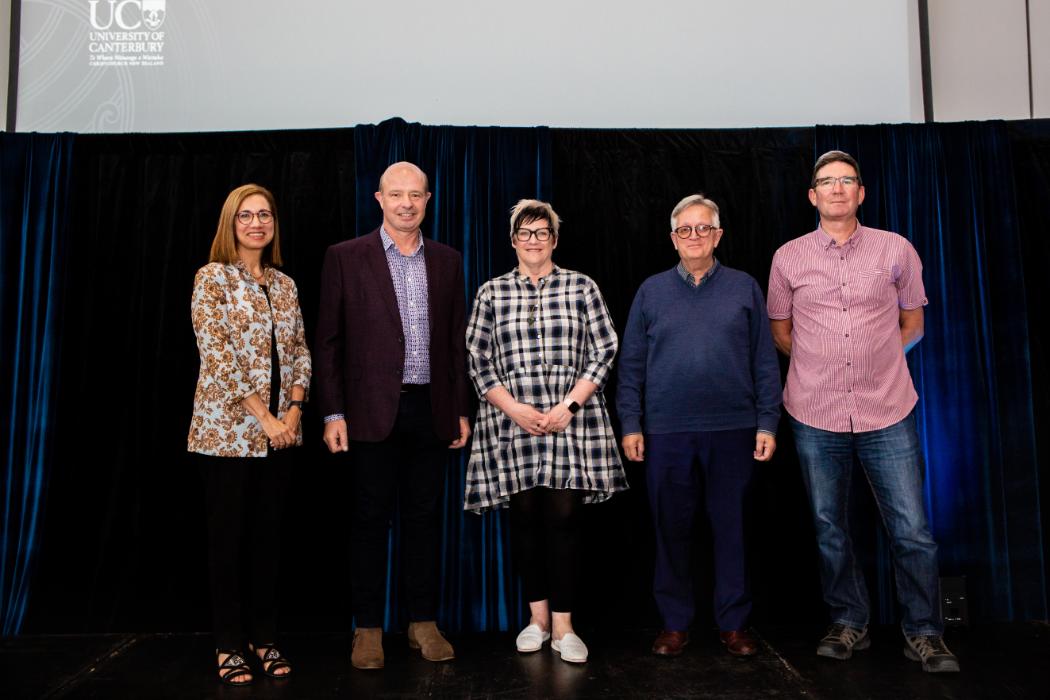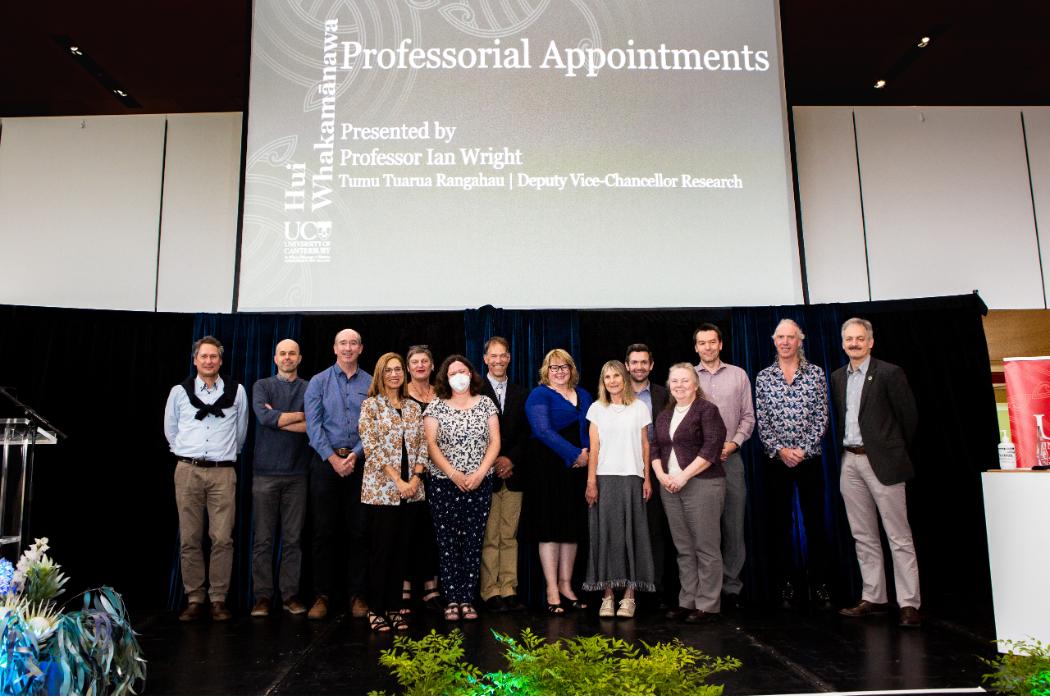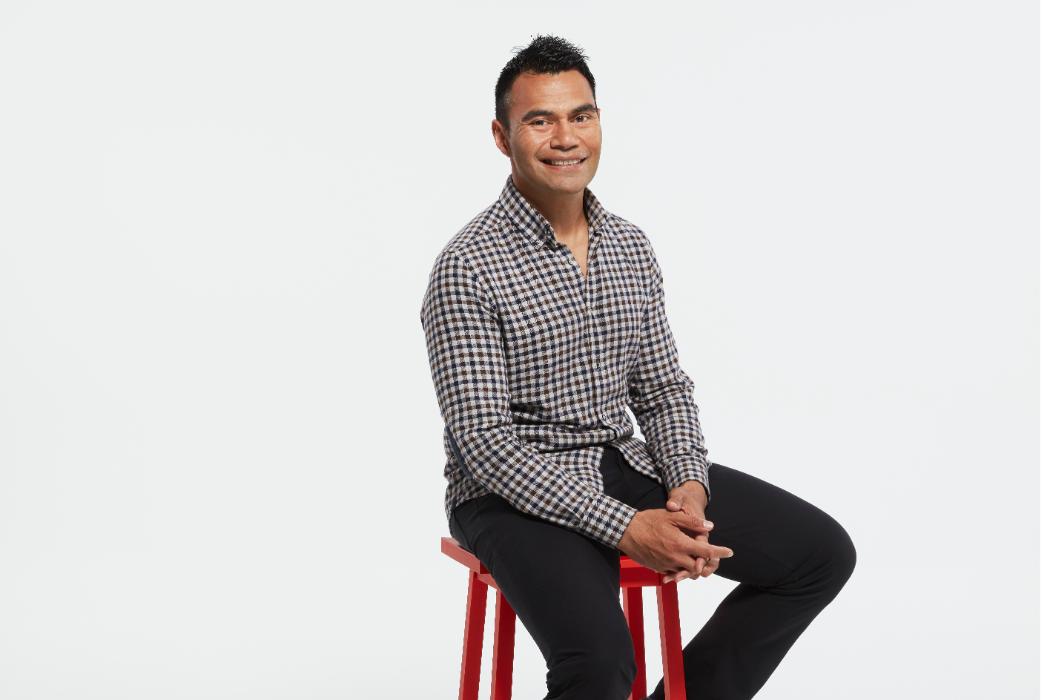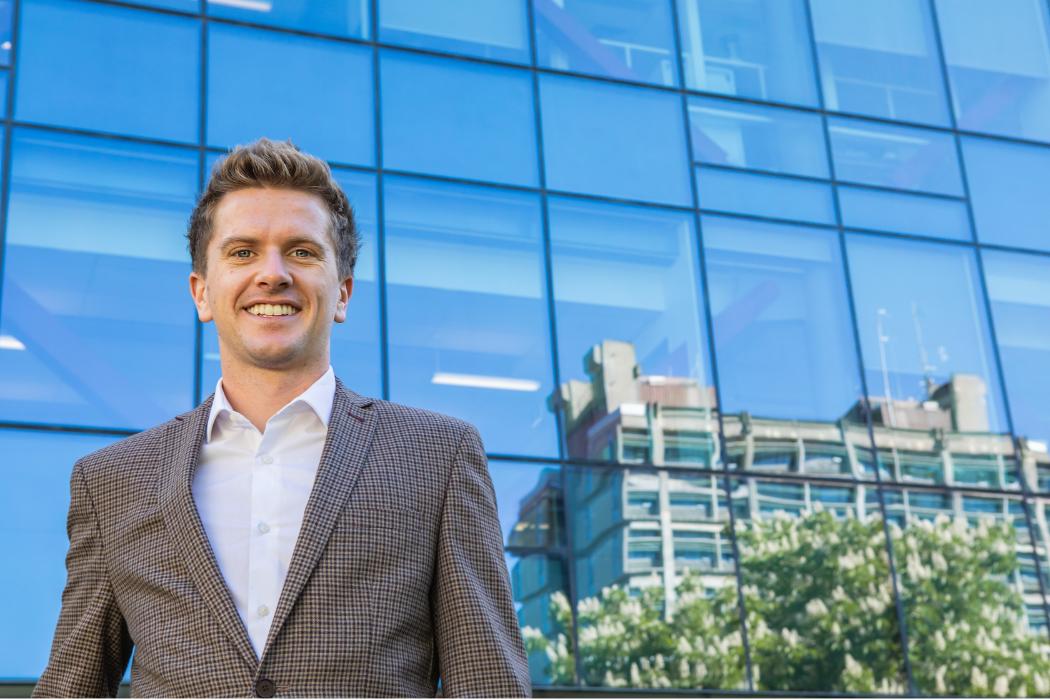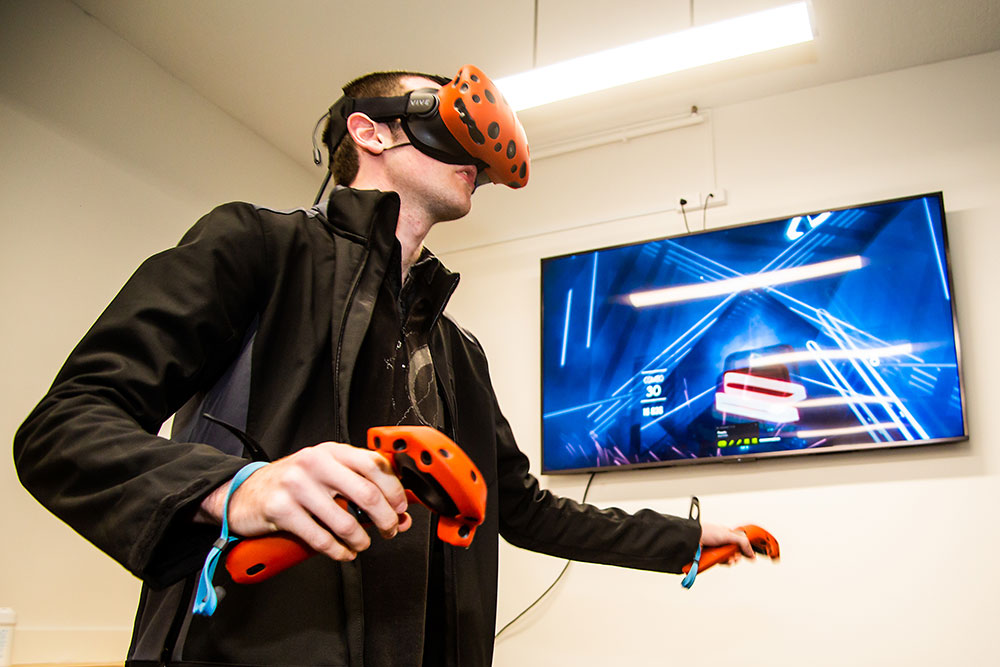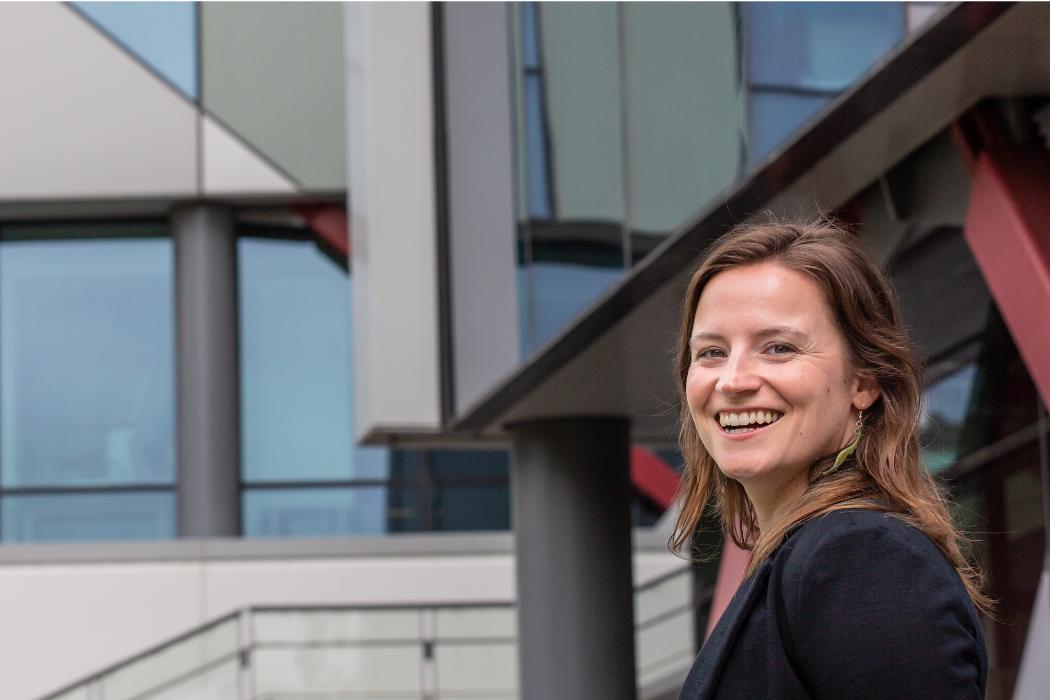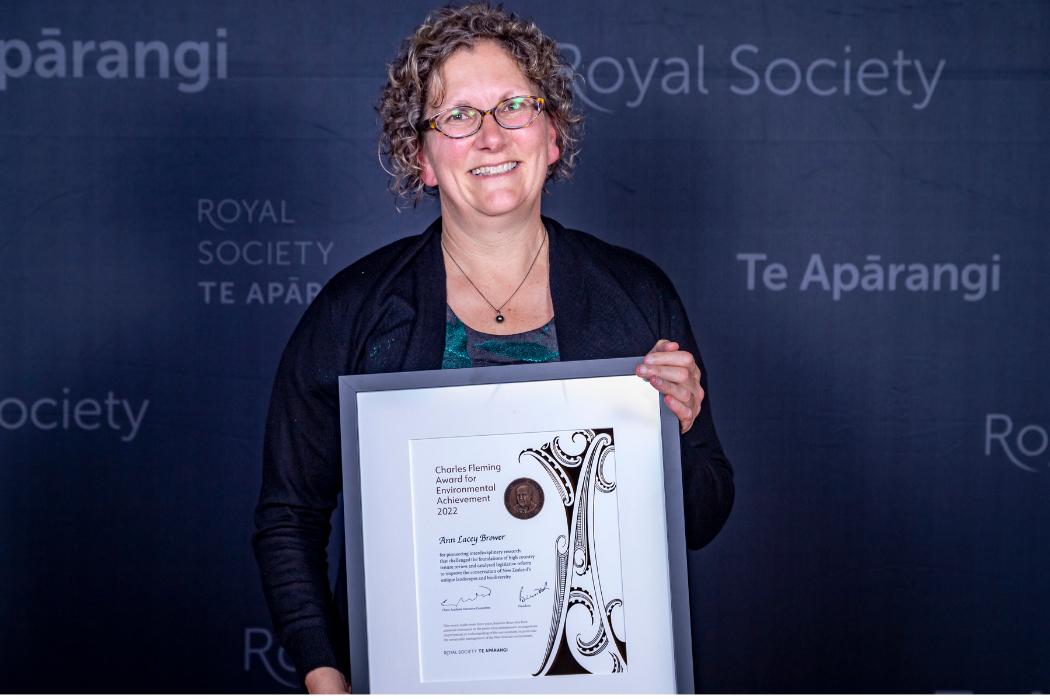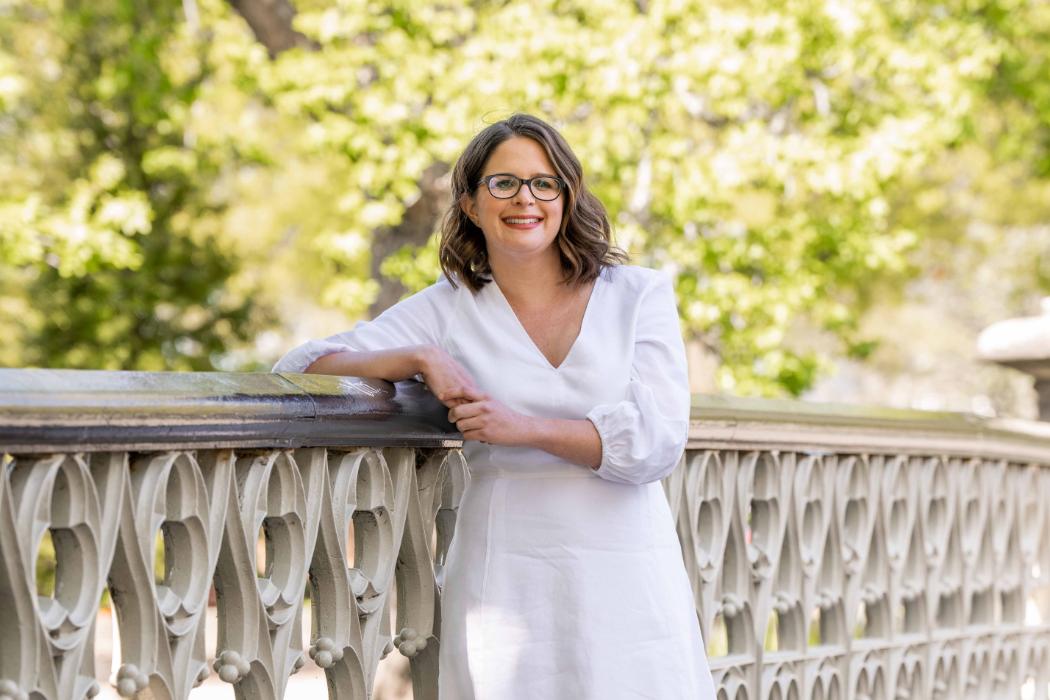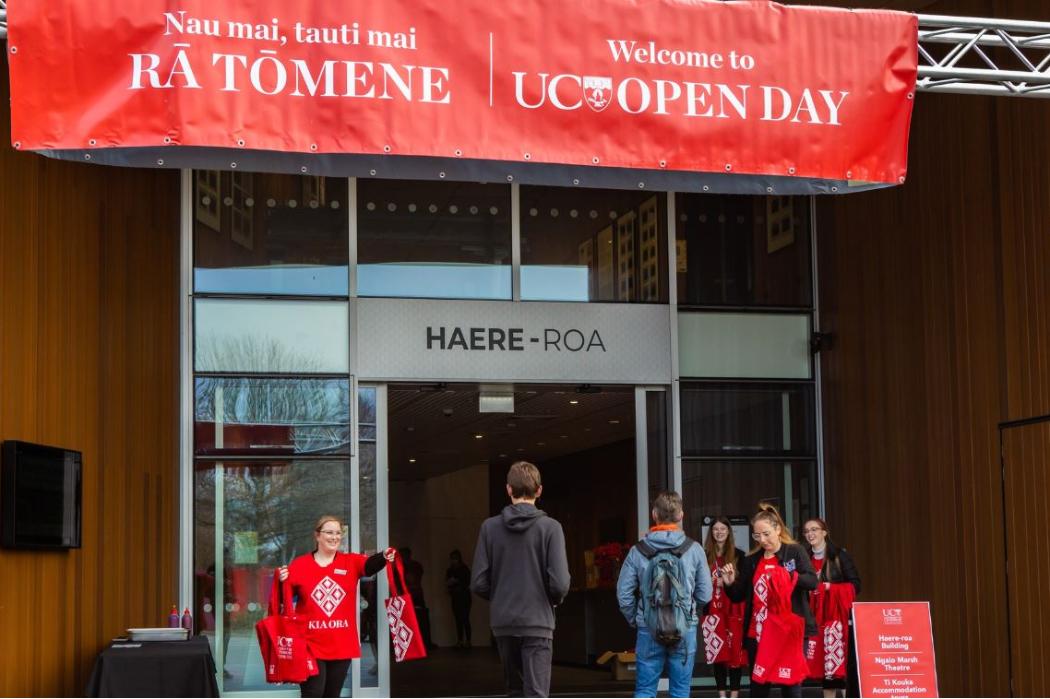Pushing the limits
The student-led club (formerly the University of Canterbury Rocketry Association) claims to be ‘dedicated to pushing the limits of flight on campus and beyond’. Members study a wide range of degrees and push themselves to excel in their fields of interest. The club also hosts industry talks where aerospace professionals share their knowledge and expertise.
“For students in their first and second year of university, we have design and build programmes where we teach the fundamentals of rocket design,” says UC Aerospace President, Flynn Doherty.
“We also offer multiple, larger-scale, higher-power rocketry competition projects tailored to students who want to work on more complex projects.”
Designing and building complex systems
One such project was an entry in the 2019 Australian Universities Rocket Competition where the UC team were the only New Zealand team competing against 19 Australian university teams. Students were offered the unique challenge to design, build and launch a single-stage, high powered rocket using commercial-off-the-shelf solid fuel motors to either 10,000ft or 30,000ft.
The UC Aerospace team came up with the novel idea of incorporating an air-braking system and sending their rocket up to 30,000 ft. They were the only team to integrate one of these systems into their rocket; no one else attempted it. And it’s believed to be the only one of these types of systems, built by a university that was deployed at above super-sonic speeds. Subsequent data showed it to be a very effective system that performed well.
Upskilling for careers in aerospace
UC Aerospace has grown rapidly from 25 members in 2017 to 315 in 2020 and that growth is set to continue with interest from high-school students who want to attend Canterbury University specifically to pursue STEM subjects and join UC Aerospace. Mr Doherty says:
It is obvious to us that there is a huge demand from students wanting to take aerospace and rocketry-related engineering subjects.
“This industry is fast-paced and exciting and our members are putting in the extra effort required to upskill themselves to be ready for careers in aerospace after they graduate.”
Companies such as Dawn Aerospace and Rocket Lab have taken former members on as interns and those members intend on returning after they graduate.
“Some of our members plan on entering start-ups working on impactful, cutting-edge technology, both here in New Zealand and abroad.”
Robbie Grove, one of the lead members in the 2019 Australian Universities Rocket Competition says he intends to complete a Master of Engineering qualification at the University of Canterbury before beginning work in New Zealand’s aerospace industry — and he’s not put off by the downturn caused by the Covid-19 pandemic.
His attitude supports Mr Doherty’s belief that students wishing to pursue careers in aerospace will not be discouraged:
The industry is growing year-on-year and talented, passionate graduates will continue to be in demand.
“For aerospace companies, it may be the case that productivity actually increases in the long term due to workflows being streamlined and automated as a result of remote work and social distancing.”
This story was originally published by the Ministry of Business, Innovation and Employment.
UC Communications
- All media enquiries are directed to the UC Communications team.
- Email media@canterbury.ac.nz for media enquiries (business hours, Monday - Friday)
- Call 03 369 3631 for media enquiries (business hours, Monday - Friday)
- Call 027 503 0168 for urgent media enquiries (after-hours, Monday - Sunday)

